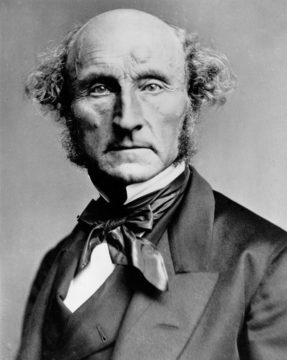 Nishi Shah in The Raven:
Nishi Shah in The Raven:
In the midst of the 2020 protests for racial justice, I prepared to teach my annual July mini-course on free speech for incoming FLI (First-Generation and/or Low-Income) students at Amherst College. Almost all of these students are persons of color. My aim in this course is to show students how to analyze the reasoning in an important but difficult text from the history of philosophy, something for which most high schoolers have little training. The text I chose was John Stuart Mill’s famous defense of free speech in On Liberty. But I like to begin the course with a discussion of a specific free-speech controversy, so that, after reading On Liberty, students can reflect on whether this 19th century essay by a dead white male has something enlightening to say to us. Last summer, my idea was to have that initial discussion about Senator Tom Cotton’s recently published op-ed in the New York Times defending the federal government’s military response to the Black Lives Matter protests in Lafayette Square in Washington, D.C. After receiving heavy criticism from readers, the Times conducted a review, concluded that it should not have published the essay, issued a public apology, and eventually forced the resignation of James Bennet, the editor of the opinion page. Two Times opinion writers, Ross Douthat and Michelle Goldberg, wrote subsequent essays in the Times, one in favor (Goldberg) and one against (Douthat) these decisions. For the first day of class, I asked my students to read both essays along with the original Cotton op-ed, and write on the following question: Do you think the New York Times should have published Cotton’s essay? Why or why not?
More here.
